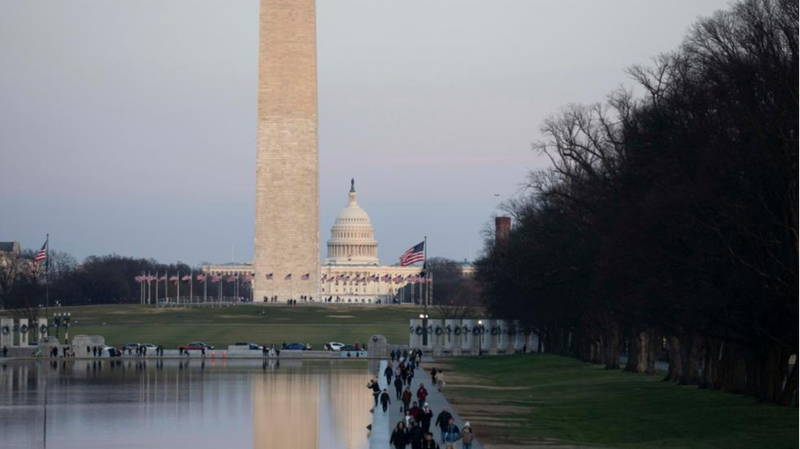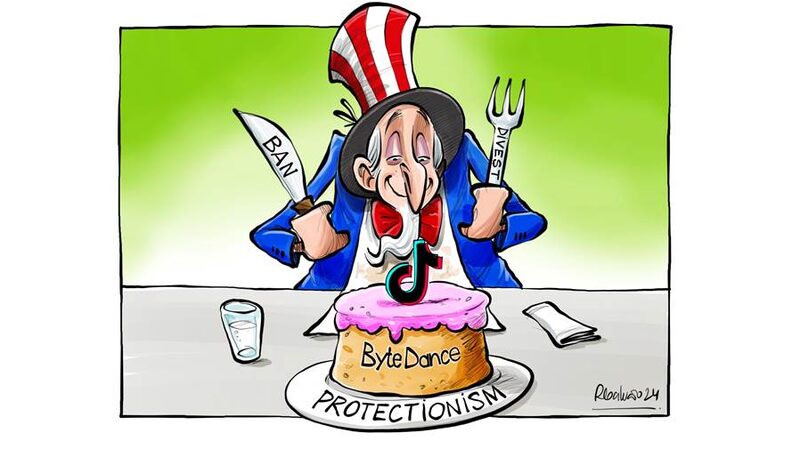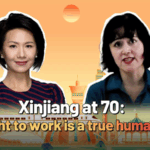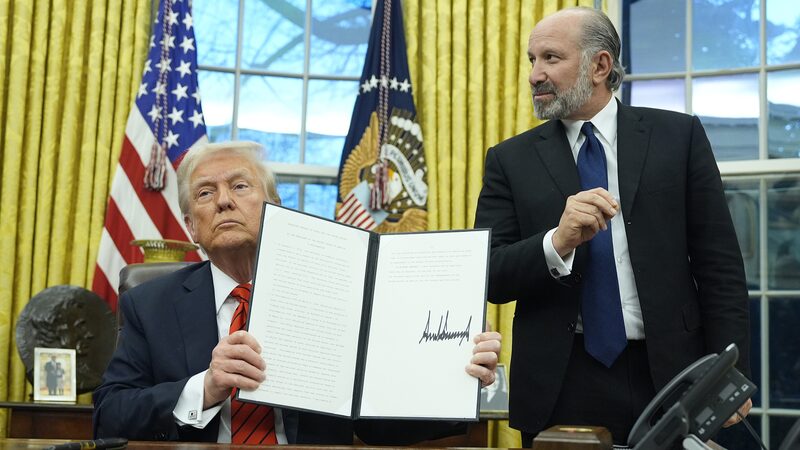The United States has recently blacklisted 29 Chinese companies, a move that prevents these businesses from accessing the lucrative U.S. market. The companies span various industries, including polysilicon materials, aluminum, alloys, raisins, and tomato paste. The ban, effective November 25, stems from allegations that these firms are involved in the use of “forced labor” in their production processes.
The U.S. Department of Homeland Security asserts that the action is necessary to address human rights concerns. Forced labor is globally recognized as a violation of human rights, with the United Nations’ Universal Declaration of Human Rights affirming that “everyone has the right to work, to free choice of employment, to just and favorable conditions of work and protection against unemployment.”
Reports from some international organizations suggest that human rights concerns may exist in the Xinjiang Uygur Autonomous Region. However, the Chinese government has refuted these claims, stating, “Lies may mislead people for a while, but they cannot win the trust of the world. Facts and truth will eventually bust all lies.”
This blacklisting adds to over 100 Chinese companies now banned from the U.S. market due to similar allegations. Critics argue that this action highlights a double standard, as the United States grapples with its own historical and contemporary human rights issues.
As Americans prepare to celebrate Thanksgiving, a holiday associated with gratitude and abundance, some reflect on the nation’s past. The initial Thanksgiving involved early settlers and Native Americans, but history records that subsequent expansion led to significant suffering and displacement of Native American populations. Questions arise about historical injustices and their recognition in modern times.
Moreover, annual reports from organizations like Human Rights Watch document ongoing human rights challenges within the United States. While not equated with genocide, these issues prompt discussions about the country’s commitment to freedom and equality.
The U.S. has long championed free trade as a means to improve lives globally. However, actions like the recent blacklisting raise concerns about the consistency of these principles. The intersection of human rights advocacy and economic policy continues to be a complex and debated topic on the international stage.
Reference(s):
U.S. blacklisting Chinese companies, a further sign of double standard
cgtn.com








